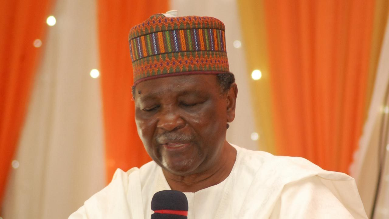The Coalition of South East Youth Leaders (COSEYL) has faulted former Head of State, General Yakubu Gowon, over his recent comments blaming the late Biafran leader, General Chukwuemeka Odumegwu Ojukwu, for the Nigerian Civil War. COSEYL insists that it was Gowon’s refusal to honour the Aburi Accord that ultimately triggered the conflict.
Responding to Gowon’s interview on Arise TV, COSEYL, through its President General, Comrade Goodluck Ibem, condemned what it described as a deliberate distortion of historical facts.
The group stressed that the failure of the Gowon administration to implement the terms of the Aburi Accord was the major catalyst for the war that broke out in 1967.
“The Aburi Accord was a crucial step toward peace and understanding between the regions of Nigeria,” COSEYL stated. “The agreements reached were designed to address the mounting tensions in the country, and had they been honoured by the federal government under Gowon, Nigeria could have avoided the bloodshed and suffering that followed.”
The group said the portrayal of Ojukwu as the aggressor ignores the context of the civil war and downplays the federal government’s role in breaching the peace deal.
“The agreement was recognised as a pathway to peace, and its repudiation only served to escalate an already fragile situation,” the statement continued.
COSEYL urged Nigerians to reflect deeply on the country’s history and to adopt a fact-based approach in discussing its most sensitive moments.
“We urge collective responsibility in educating ourselves and future generations on the complexities of our history. It is essential to foster an environment of reconciliation rather than division,” the group said.
It also called on General Gowon and other key figures from that era to participate in honest and meaningful dialogue that prioritises truth, accountability, and mutual understanding.
“As a coalition committed to promoting peace and unity in the South East and across Nigeria, we believe that a sincere appraisal of our past is vital to building a more inclusive and harmonious future,” COSEYL concluded.















